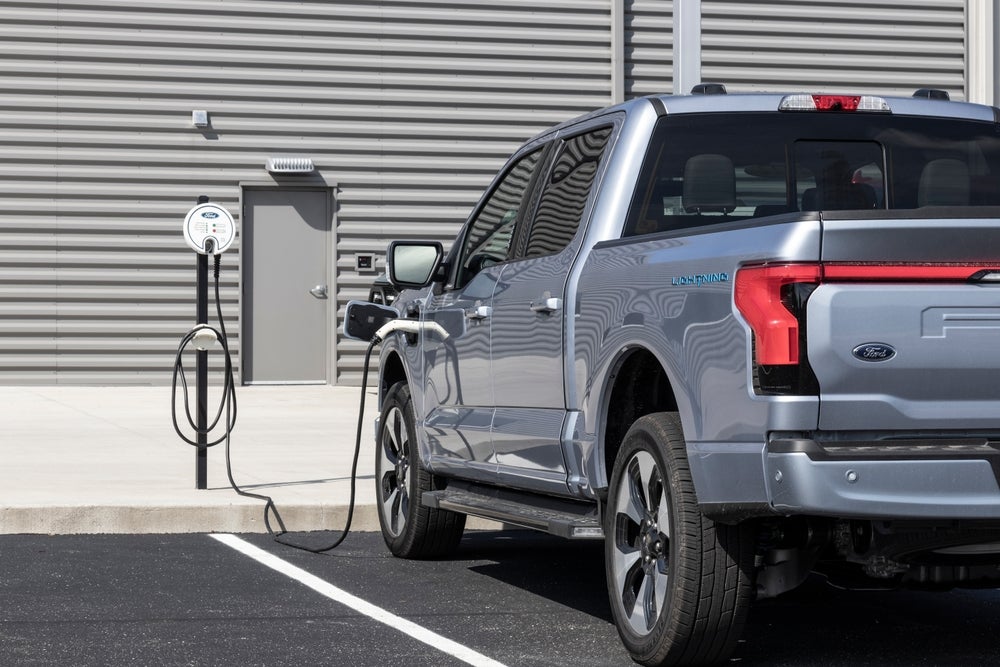The U.S. House voted on Friday to repeal an Environmental Protection Agency rule that would effectively push gas-powered vehicles out of the U.S. marketplace. Because roughly a third of the corn produced each year has been used in ethanol, the EPA rule has not been well received by the agricultural sector since it was first adopted in March.
“The members of Congress who passed this legislation understand well that there are many different tools that we can use to reduce greenhouse gas emissions,” said Minnesota farmer and National Corn Growers Association President Harold Wolle. He had previously stated that the EPA had chosen “to force a one-size-fits-all solution to reduce greenhouse gas emissions and ignore the readily available solution that biofuels like ethanol bring to the table,” while noting that the EPA rule seemed to hamper the route toward U.S. climate goals while taking consumer choice off the market.
The rule applies to sedans and light- and medium-duty trucks and was part of the 2027-2032 emissions standards that were touted by the Biden Administration as cutting tailpipe emissions nearly in half. The effectiveness of the plan relied almost exclusively on the use of electric vehicles, something that many regional infrastructures and industries are not prepared to handle. It is estimated that, currently, around 1 percent of the cars on the road are electric vehicles (EV).
According to a report from Reuters, Republican Rep. John James from Michigan called the EPA’s rules “catastrophic” for the auto industry, saying during the floor debate, “Nobody here is against battery electric vehicles but we are against telling the American people what they can do with their money.”
The vote was split 215 to 191 — with eight Democrats joining 207 Republicans in support or the repeal. The White House has already signaled that it would veto the measure if it were approved by the U.S. Senate, though it’s unclear if the Senate will even consider the legislation before the end of the year.
The Biden Administration has “tried to bypass Congress by using bureaucrats to push their ideological EV agenda while attempting to sell a different story to the public,” American Energy Alliance President Thomas Pyle said after the vote. “Today the House told them, ‘No.'”

Not just for the auto industry, but it appears that such a rule would be detrimental to agricultural groups as well.
Economists Jeffrey Stokes and Jim Jansen, writing for the University of Nebraska-Lincoln’s Institute of Agriculture and Natural Resources, recently noted this magnitude of structural loss in corn demand could lead to a permanent 50 percent decrease in the price of corn causing the top five corn-producing states (Iowa, Illinois, Nebraska, Minnesota, and Indiana) to collectively lose well over $100 billion in farmland value from corn acreage alone. The authors noted that such a decline would have profound implications for the financial viability of Midwestern farming operations and the nation’s food supply.
The top Democrat on the Energy and Commerce Committee saw things differently.
“It puts the profits of corporate polluters over the health and safety of the American people,” said Rep. Frank Pallone from New Jersey.
In addition to today’s House vote, the final regulation faces a court challenge in many states.


